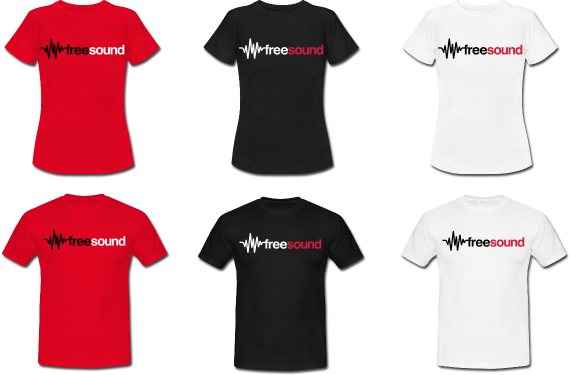During the days our server was banned, we accumulated a large pile of unsent email. Yet, in order to avoid being banned again, we have to send these at a very slow rate. Unfortunately during this process some emails have been marked as undeliverable and lost forever. For those who asked: delays in moderation have nothing to do with email. Also we have NOT sent any email with “null” sender address or anything like that.
We hope that the queue will be cleared in a few days. If you registered and you don’t receive the activation email in 3 or 4 days, you can click “Resend activation code” in the registration page (but please, not yet!).
UPDATE:
The queue is now cleared, email should be working fine. Back to normal!
UPDATE 2:
Broken again! Something changed at our provider side, working on it …

